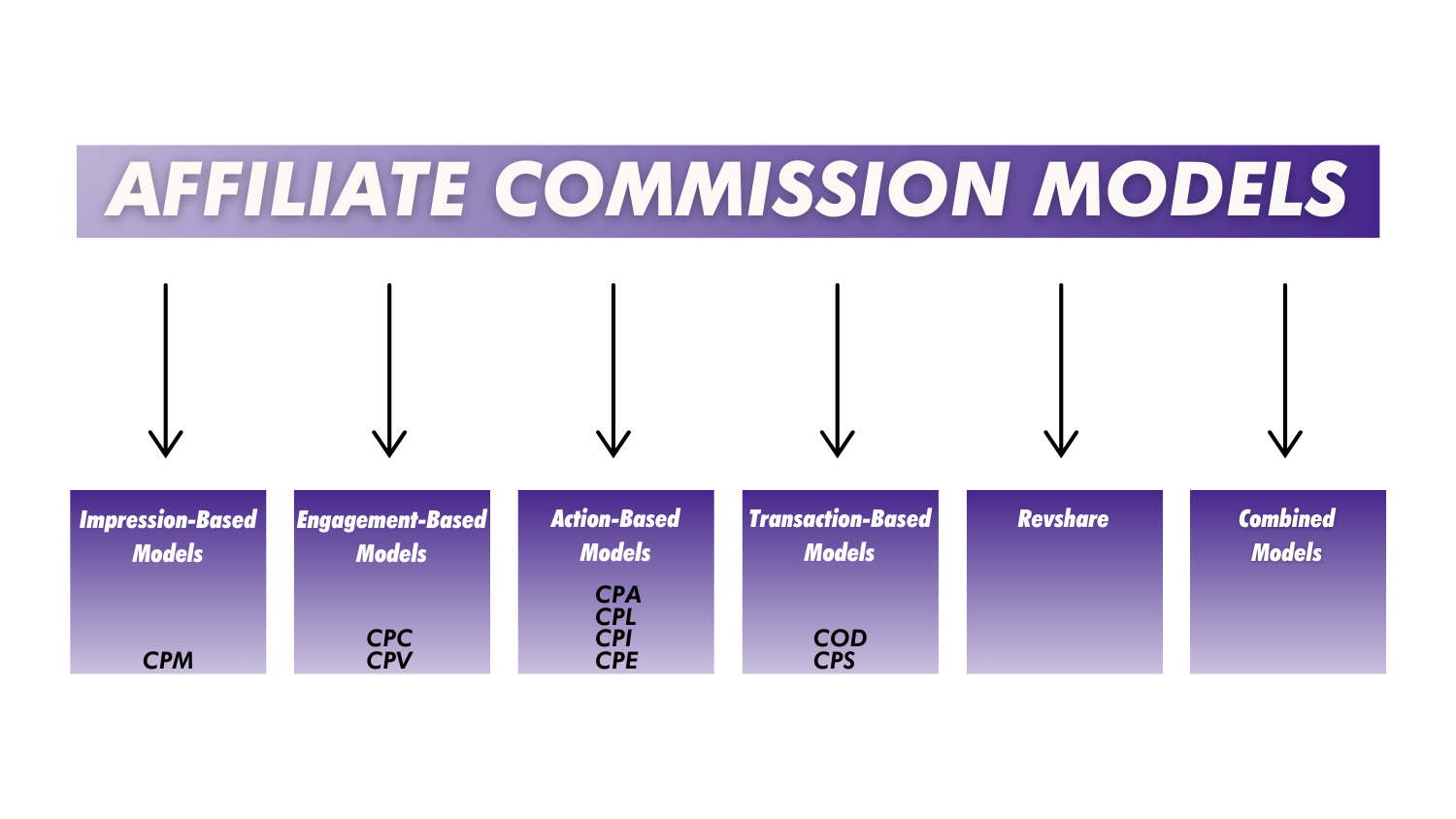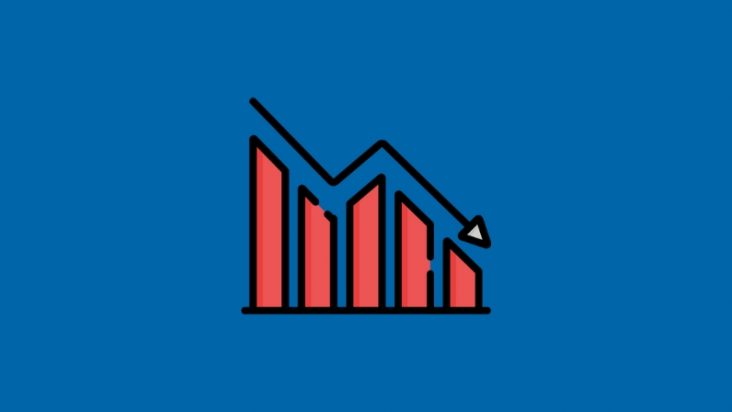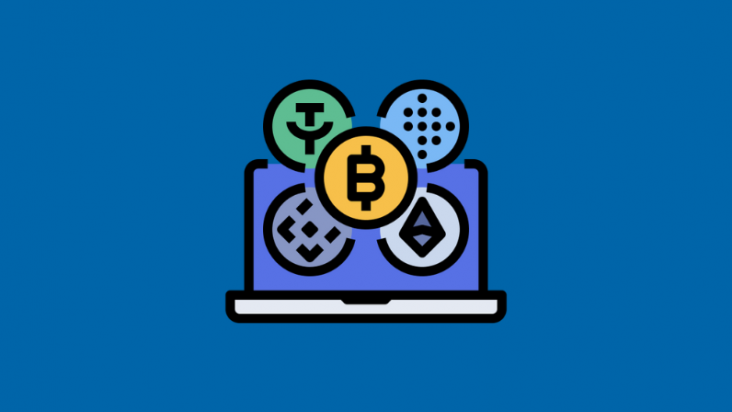
In the highly competitive iGaming industry, choosing the right affiliate model can significantly impact a marketing campaign’s success. While budget is often a concern, the true effectiveness of an affiliate strategy depends on selecting the appropriate pricing model that aligns with the campaign’s specific goals. Whether the objective is brand visibility, user engagement, or driving tangible actions like deposits and purchases, understanding the strengths and applications of different affiliate models is crucial. This article explores the various pricing models, highlighting their key components, who pays, and how they work, to help you make informed decisions for your marketing efforts.

These models are classified based on the specific action or outcome that initiates a payment to the affiliate. Here’s a suggested classification along with detailed explanations:
Impression-Based Models
These models are based on the number of times an advertisement is displayed or viewed, regardless of any further action taken by the user.
- CPM (Cost Per Mille) – A pricing model where payment is made for every 1,000 impressions of an advertisement. The operator pays a set fee for every 1,000 times an ad is displayed, regardless of user interaction. This model is useful for increasing brand visibility and awareness.
Who Pays: The casino operator or advertiser.
Who Buys: Affiliates or publishers who display ads.
CPM is ideal for advertisers looking to increase brand awareness rather than track specific actions like clicks or conversions
Engagement-Based Models
These models focus on user engagement with the advertisement, such as clicks or video views, but do not necessarily require a conversion.
- CPC (Cost Per Click) – A pricing model where payment is made for each click on an advertisement. The operator pays a predetermined amount each time a user clicks on their ad. This model aims to drive traffic to the casino’s website, and the cost is directly linked to the volume of clicks generated by the affiliates.
Who Pays: The casino operator or advertiser.
Who Buys: Affiliates or publishers who display ads.
- CPV (Cost Per View) – A pricing affiliate model where payment is made for each view of a video advertisement. The operator pays each time a video ad is viewed by a user. This model is effective for engaging users through multimedia content and promoting the casino’s features and offers
Who Pays: The casino operator or advertiser.
Who Buys: Affiliates or publishers who display video ads.
CPC and CPV models are suited for campaigns that prioritize driving traffic or increasing interaction, making them a good fit for initial user engagement strategies.
Action-Based Models
Payment is triggered by specific actions taken by the user after engaging with the ad, such as filling out a form, installing an app, or making a purchase.
- CPA (Cost Per Action) – A pricing model where payment is made for a specific acquisition, such as a user registration or deposit. The operator pays a fixed amount when a referred user completes a specified action, such as signing up or making a first deposit. This model ensures payment is made only for tangible results and conversions. For example, the casino operator pays $25 for each player who registers and deposits at least $20.
Who Pays: The casino operator or advertiser.
Who Buys: Affiliates who promote the casino.
- CPL (Cost Per Lead) – A pricing affiliate model where payment is made for each lead generated, such as a user filling out a contact form. The operator pays a set fee for each lead, which can include actions like completing a registration form or providing contact information. This model focuses on gathering potential player information for future marketing efforts.The customer is offered a choice of payment methods, and among the options may be Cash on Delivery (COD). Unlike standard prepayment methods, COD in iGaming implies payment only after the service is activated. However, COD can be used to some aspect of the industry especially with purchasing of VIP-status, subscription, or special offers.
Who Pays: The casino operator or advertiser.
Who Buys: Affiliates who promote the casino.
- CPI (Cost Per Install) – pricing model is a commission-based structure in affiliate marketing that specifically targets mobile traffic. In this model, affiliates are compensated for each installation of a mobile application that they successfully generate. The CPI model became prevalent with the rise of smartphones and mobile applications, reflecting the increasing importance of mobile user acquisition. In the iGaming industry, the CPI model is commonly used to drive the installation of mobile gaming apps. Affiliates promote these apps through various channels such as social media, mobile ads, and in-app promotions. Their goal is to attract users who are interested in downloading and installing the iGaming app. The more installations an affiliate generates, the more commission they earn.
Who Pays: The advertiser, which is the iGaming company, pays the affiliate a fixed commission for each valid app installation generated by the affiliate’s marketing efforts.
Who Buys: The user, who is the mobile app user or player, is the one who “buys” into the process by installing the app, though they do not pay directly in this context. The focus is on acquiring the user rather than a direct purchase.
Who Earns: Affiliate program
- CPE Cost Per Engagement pricing model in affiliate marketing is a commission-based structure where affiliates are compensated based on specific user actions or engagements with an application or advertisement. Affiliates are tasked with promoting these apps and encouraging users not just to install them, but to actively participate in them by performing specific actions. These actions could include reaching a certain level in a game, making an in-game purchase, or completing a tutorial. The advertiser (iGaming platform) defines specific engagement actions that they want users to perform, such as “reach level 5 in the game” or “complete the registration process”. Affiliate is paid a commission based on the number of users who successfully performed the desired action
Who Pays: The advertiser, which is the iGaming company, pays the affiliate a commission for each user who completes the specified engagement action within the app.
Who Buys: The user, or player, is the one who “engages” with the app by performing the required action. Although the user doesn’t make a direct payment, their engagement is the key to triggering the affiliate’s commission.
These models are performance-driven, aligning affiliate rewards with the advertiser’s goals, such as acquiring leads, users, or customers. They are commonly used in campaigns where the desired outcome is clearly defined and measurable.
Transaction-Based Models
Definition: Payment is based on a successful transaction, such as a sale or purchase, driven by the affiliate.
- COD (Cash on Delivery) – is a pricing and payment model widely used in e-commerce and retail, where the payment for a product or service is made at the time of delivery rather than in advance. This model is especially popular in regions where consumers may have limited access to digital payment methods or where trust in online transactions is low.
Who Pays: the customer pays for the product upon delivery, the operator pays for promoting of its products
Who Buys: the customer who buys products in a safe way, the affiliate program.
Who Earns: affiliate program and advertiser.
- CPS Cost Per Sale (CPS) pricing model in affiliate marketing is a commission-based structure where affiliates earn a commission only when a sale is made through their promotional efforts. This model is widely used in e-commerce and iGaming affiliate programs, as it directly ties the affiliate’s earnings to the successful conversion of sales. The CPS model is commonly used to incentivize affiliates to drive real-money transactions, such as in-game purchases, subscriptions, or deposits made by users. Affiliates promote the iGaming platform’s products or services, and they earn a commission each time a user completes a purchase or transaction through their referral link.
Who Pays: The advertiser, which is the iGaming company, pays the affiliate a commission for each sale generated through the affiliate’s promotional efforts. The payment is typically a percentage of the total sale or a predetermined fixed amount.
Who Buys: The user, or player, is the one who makes the purchase, such as buying an in-game item, subscribing to a service, or making a deposit. The user’s transaction triggers the affiliate’s commission.
Who Earns: Affiliate program which gets a percentage of the sale amount or a fixed sum, agreed upon beforehand between the affiliate and the advertiser.
Transaction-based models are directly tied to revenue generation, making them highly effective for advertisers who want to ensure that they only pay for concrete, monetary results.
Revshare
Revshare (Revenue Share) – A pricing model where affiliates earn a percentage of the revenue generated from the players they refer. The operator shares a portion of the revenue earned from the referred players with the affiliate. This model aligns the interests of the operator and affiliate, as both benefit from long-term player activity and engagement.
Who Pays: The casino operator.
Who Buys: Affiliates who promote the casino.
Combined Models
Combined (CPA + Threshold + RevShare + Success Fee) – A hybrid pricing model that incorporates elements of CPA, revenue share, and performance-based incentives. For instance, an affiliate earns $25 for each new player (CPA) plus 15% of the player’s net revenue over their first three months (RevShare).
Who Pays: The casino operator.
Who Buys: Affiliates who promote the casino.
This model involves a combination of:
- CPA: A fixed fee for each acquisition.
- Threshold: Affiliates must reach a certain level of performance or player activity to qualify for additional benefits.
- RevShare: A percentage of the revenue generated from referred players.
- Success Fee: Additional bonuses or fees based on exceeding performance targets or achieving specific milestones.
This comprehensive approach incentivizes affiliates to drive quality traffic and long-term player engagement, rewarding them for both immediate and sustained performance.
In summary, the iGaming industry leverages a wide range of affiliate pricing models to achieve different marketing objectives. From impression-based models like CPM, which focus on brand awareness, to transaction-based models like CPS and RevShare, which directly drive revenue, each model serves a distinct purpose. Commonly used models such as CPA, CPC, and CPL offer flexibility for advertisers to focus on specific goals, whether they aim to generate traffic, acquire new players, or maximize conversions. By carefully selecting the most suitable affiliate model, advertisers can optimize their marketing strategies and drive success in an increasingly competitive market.








